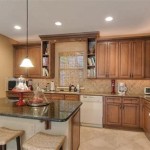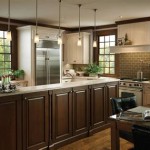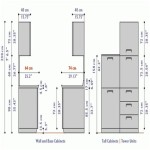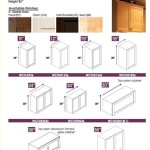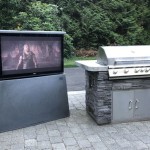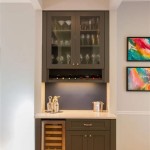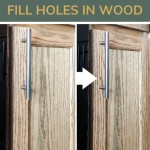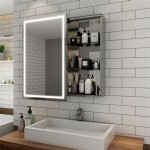Knob Placement for Cabinet Doors: A Guide to Perfect Placement
Knob placement on cabinet doors is a seemingly simple detail that can significantly impact the functionality, aesthetics, and overall user experience of your kitchen or any other space with cabinets. The right placement ensures comfortable and efficient access to your belongings while enhancing the visual appeal of your cabinetry. This guide delves into the essential aspects of knob placement to help you make informed decisions for your next cabinet project.
Key Factors in Determining Knob Placement
Several factors interact to determine the ideal knob placement for your cabinet doors. Understanding these factors is crucial for making informed decisions that align with your specific needs and preferences.
1. Door Size and Style
The size and style of your cabinet doors are fundamental to knob placement. For instance, on smaller cabinet doors, placing knobs too far down can make them challenging to open, while placing them too high might create an awkward reach. Similarly, doors with elaborate carvings or intricate details can necessitate more careful considerations to find a spot that complements the overall design.
2. Knob Size and Shape
The size, shape, and protrusion of your chosen knobs are equally important. Large, bulky knobs might require a more centered placement to avoid obstructing the opening mechanism. On the other hand, smaller, streamlined knobs allow for more flexibility in placement, enabling optimal ergonomic access.
3. Cabinet Function and Usage
The function and frequency of use of your cabinets influence knob placement. For frequently accessed cabinets, such as those housing everyday essentials, optimal placement prioritizes ease of access and comfortable grip. Conversely, for cabinets used less often, a focus on aesthetics and minimal obstruction might be preferred.
Common Knob Placement Guidelines
While these are not hard and fast rules, these guidelines offer a helpful starting point for determining knob placement for your cabinets:
1. Standard Height: 32-36 Inches
This height is generally considered comfortable for most individuals, allowing for a natural hand position when opening doors. This standard range corresponds to the height of most kitchen countertops, making it a convenient and accessible choice for typical kitchen cabinetry.
2. Adjusting for Door Size
For smaller doors, consider adjusting the knob height slightly lower to provide a good grip angle. Conversely, for larger doors, a slightly higher placement might improve leverage and ease of opening. Adjusting knob placement based on the door size ensures ergonomic comfort and efficient functionality.
3. Keeping Clearances in Mind
Ensure sufficient clearance between the knob and any adjacent elements, such as shelves, drawers, or appliances. A minimum clearance of 2-3 inches allows for comfortable access and prevents accidental bumping or rubbing against other fixtures.
Aesthetics and Design Considerations
Beyond functionality, knob placement also plays a significant role in the overall aesthetic appeal of your cabinets. Here are some points to consider:
1. Balance and Symmetry
For cabinets with multiple doors, especially those with a symmetrical design, consistent knob placement maintains visual harmony and balance. Consider using a template to ensure consistent placement across all doors for a cohesive look.
2. Coordinating with Cabinet Design
Choose knob styles that complement the design of your cabinets. Modern cabinets typically look best with sleek, minimal knobs, while more traditional styles can accommodate elaborate or decorative designs. The knob should seamlessly integrate with the cabinetry's aesthetic, enhancing the overall visual appeal.
3. Creating Visual Emphasis
Knob placement can be strategically used to draw attention to certain areas of your cabinets. For example, placing a unique or larger knob on a key cabinet can create a focal point and highlight its importance. This technique can be used to add subtle visual interest and enhance the overall design of your cabinets.

Cabinet Hardware Placement Guide

Where To Place Cabinet Hardware Emtek Living Blog

Cabinet Hardware Placement Guide

Tips For Cabinet Hardware Placement Knobs Are Placed Opposite Of Pontis Construction

The Ultimate Guide For Cabinet Hardware Placement And Sizing

A Simple Guide For Ideal Cabinet Knob Placement

How To Place Cabinet Knobs Pulls

Install Cabinet Door Knobs Easy And Accurate Way To Measure Align Drill

Design 101 Cabinet Hardware Placement Lark Linen

Easy Cabinet Hardware Placement Guide Bloom And Babe
Related Posts

